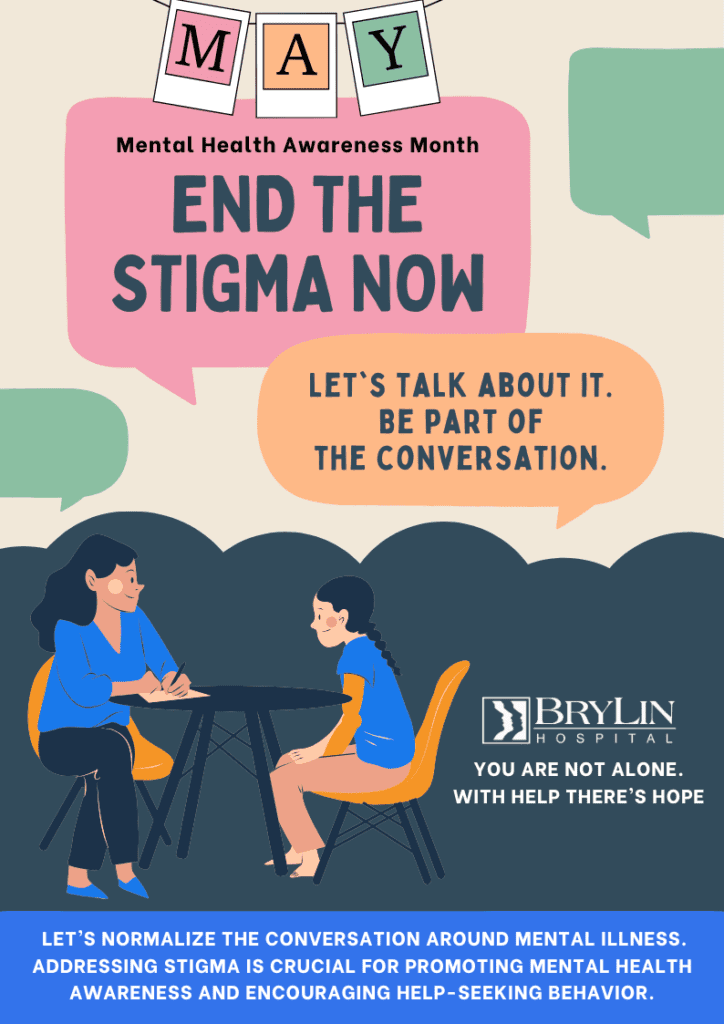Addressing Common Myths and Misconceptions About Mental Illness
 Addressing myths and misconceptions about mental illness is essential for reducing stigma and promoting understanding.
Addressing myths and misconceptions about mental illness is essential for reducing stigma and promoting understanding.
Here are three common myths and misconceptions, along with accurate information to debunk them:
1.) Myth: “People with mental illness are weak or lazy.
“Fact: Mental illness is not a sign of weakness or laziness. It is a medical condition that can affect anyone, regardless of their strength or character. Mental illnesses are complex and often involve a combination of genetic, biological, environmental, and psychological factors. Just like physical illnesses, mental illnesses require proper diagnosis and treatment by qualified professionals.
2.) Myth: “People with mental illness are violent or dangerous.
“Fact: The vast majority of people with mental illness are not violent or dangerous. In fact, they are more likely to be victims of violence than perpetrators. Mental illness does not automatically predispose someone to violent behavior. Violent acts are typically the result of various factors, including substance abuse, environmental stressors, and individual circumstances.
3.) Myth: “Mental illness is just a phase and will go away on its own.
“Fact: Mental illnesses are legitimate medical conditions that often require professional intervention and ongoing management. While some individuals may experience temporary periods of distress or difficulty, mental health disorders are typically chronic or recurrent conditions that can significantly impact a person’s life if left untreated.
By debunking these myths, and providing accurate information, we can help reduce stigma, promote understanding, and encourage individuals to seek help for their mental health concerns.
What is Stigma?
Stigma is a major reason why many individuals hesitate to seek help for their mental health concerns. Stigma refers to negative attitudes, beliefs, and stereotypes that society holds about certain groups of people, including those with mental illness. This stigma can manifest in various ways, including discrimination, social exclusion, and judgmental attitudes. Addressing stigma is crucial for promoting mental health awareness and encouraging help-seeking behavior.
Addressing these and other myths and misconceptions about mental illness is essential for reducing stigma and promoting understanding. In the journey toward mental health awareness and well-being, overcoming stigma is a vital step. It’s a journey that requires courage, compassion, and the willingness to seek help when needed.
Whether you’re struggling with your own mental health challenges or supporting a loved one through theirs, know that you’re not alone. Together, we can break down barriers, challenge stereotypes, and create a more supportive and understanding community. Remember, reaching out for help is a sign of strength, and there are compassionate professionals ready to support you on your path to healing. If you or someone you care about is in crisis, don’t hesitate to contact BryLin Hospital for immediate mental health care. You deserve support, understanding, and the opportunity to thrive.




Comments are closed